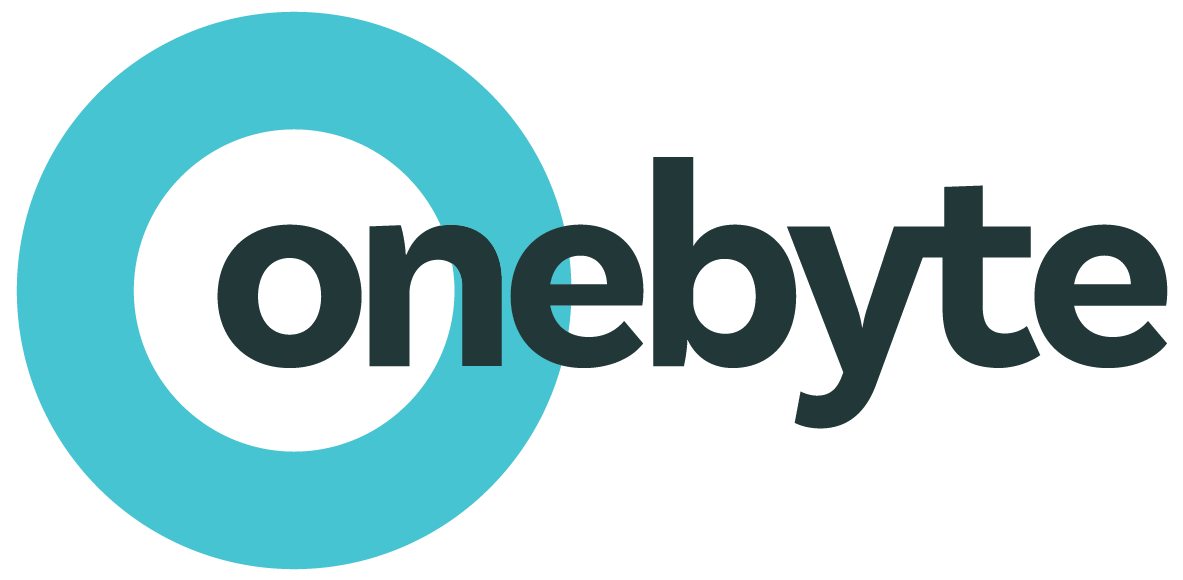Frontline workers are the backbone of firms in many sectors; from Manufacturing to hospitality, logistics to retail, frontline workers provide the services, work on the production lines, and deliver the goods that keep the revenue flowing in. Despite their importance, however, frontline workers are often left out of the traditional IT framework leaving many feelings cut off from colleagues, management, and other business departments.
“Roughly 85% of frontline workers feel disconnected from IT and communications within their company.”
Because frontline workers are mobile as opposed to desk-based they often have extremely limited access to the digital tools enjoyed by their office-based peers. This makes effective communication an uphill struggle in many companies and such issues can lead to a number of problems.
Communication issues can be particularly damaging in the manufacturing sector, were careless and disjointed communication between management and shop floor staff can lead to product quality issues, high levels of waste, late deliveries, and ultimately poor customer satisfaction.
Frontline workers can often represent a high proportion of a workforce, so it can feel daunting knowing where to begin when it comes to incorporating them into your business’ communication framework. Here are a few key considerations:
Creating new channels of communication
Frontline workers are often kept updated with word-of-mouth, noticeboards, phone calls and perhaps in-person meetings. Meanwhile, office-based personnel often have the additional benefits email, instant messaging platforms, workflow tools and much more.
Is this really fair?
Before you can improve communication it’s important to identify and provide the tools that employees on the frontline could benefit from. Consider providing communal PCs so all employees can access online resources or consider the use of company-provided phones or tablets so key frontline staff can access the resources they need wherever they are.
Improving Engagement
Poor employee engagement is a serious concern among frontline workers.
According to a study by ‘Gallup,’ only 25% of frontline manufacturing employees in the United States feel engaged, compared to an average figure of 33%.
In performance-critical sectors such as manufacturing, logistics, retail, and transportation having an engaged and motivated workforce are crucial for meeting productivity goals.
Good communication drives engagement and business cohesion. When communication is free and easy between all departments and levels within a business, employees are more likely to feel valued and motivated, leading to improved efficiency, morale, and staff loyalty.
When reviewing employee engagement consider whether your staff have adequate access to managerial staff; often frontline workers feel completely disconnected from ‘decision-makers’ and thus feel unable to share their thoughts and offer front-line insights.
Also, consider whether your communication with staff is pro-active or reactive. Managers often respond to issues and release bulletins as and when issue arise; take the lead, use new communication channels to keep all staff informed about upcoming news and company developments.
Dispense with inefficient, outdated systems
Why not use your communication review to streamline and modernise the messy, often paper-intensive processes that many frontline workers rely on to do their jobs. An over-reliance on paperwork can lead to the confusion which in turn leads to wasted time and money. For example, paper notices have to be reprinted and replaced every time a procedural change is implemented whereas digital copies can be made viewable online and all staff can be informed of changes via email; a much more efficient and hassle-free way of keeping everyone informed.
From managing tasks and sharing company news to creating Rotas and informing staff of policy changes; everything that once relied on verbal communication and paperwork can now be done digitally. This way of operating ensures absent employees don’t miss out on new information and makes it easier to keep information consistent.
Give staff the tools and systems they need to avoid ‘Shadow IT’
When businesses leave staff out of their IT framework, they run the risk of staff implementing their own ‘workarounds’ in order to make their job easier. These ‘workarounds typically involve consumer-grade apps and social networking sites. Shadow IT is very common and it is generally harmless if used for things like organising social events or informal chats. However, it could pose a serious threat to your business if staff start using such solutions to send and receive sensitive business data; leaked data may constitute a GDPR breach and your business’ intellectual property could be put at risk.
Giving staff suitable digital tools that you can manage will discourage the use of shadow IT and help keep sensitive information within the control of your business.
Introducing Microsoft 365 F1
As an employer you can implement various strategies to make your Frontline workforce feel more connected. Fortunately, Microsoft has a specially crafted MS 365 package designed for the unique needs of frontline workers called Microsoft 365 F1.
‘F1’ is the base package designed for frontline workers starting from just £3.00 per user per month. It’s designed to give non-desk-based workers the resources they need and none of what they don’t. Features include:
- Teams and SharePoint. These collaboration platforms empower joined-up thinking. Give your team access to the files they need from any device with SharePoint’s cloud storage architecture. Teams’ instant messaging and conferencing features will let you get the team gathered for briefings no matter where there are at any given time.
- Online office apps. Read-only versions allow your team to view the documents they need to see from whatever the device they’re using.
- Yammer. Your virtual noticeboard! Yammer is a social network designed for internal business use. Great for keeping staff updated and improving engagement at all business levels.
- Mobile Device Management. An essential tool for any modern workplace where staff use devices such as laptops, tablets, and mobile phones. Manage all aspects of device security so your data remains secure; manage access rights, keep on top of security, wipe company data from lost or stolen devices and much more.
- Microsoft planner. A simple, intuitive task management tool that lets you see which tasks have been completed and which are still to do. A great driver of productivity!
- Microsoft Security and Compliance Centre. This platform is specially configured to help you keep your digital assets safe and meet your compliance obligations.
Conclusion
Investing in digital connectivity for frontline staff can bring great rewards and needn’t cost the earth. For a tiny monthly fee, you can give your staff access to resources that will keep them engaged, motivated and in-the-loop. Staff can even securely access the resources they need from their own devices, meaning no capital expenditure on hardware is necessarily required. Why not give Microsoft 365 for frontline workers a try today!
We’re Onebyte
Onebyte is an IT service provider that specialises in providing strategically aligned, compliance-driven, managed IT services to SMEs in London, Norfolk, Suffolk, Essex and Cambridgeshire.
This different approach to managing information and technology is guaranteed to find and eliminate risk, increase efficiency and empower our client’s businesses to leverage technology which will provide a real return on the investment they make in their IT and help realise their vision.

Click here or head to the bottom of the page to book your free Discovery Call.

